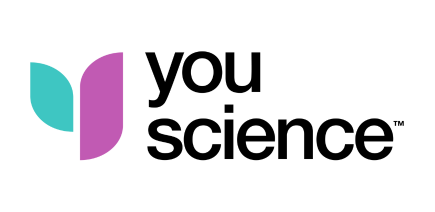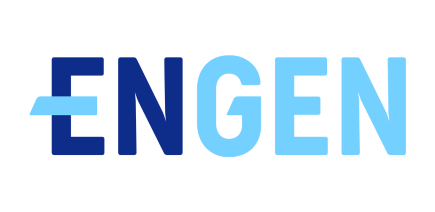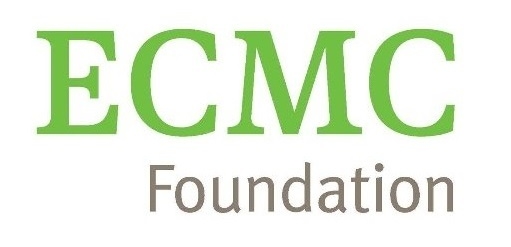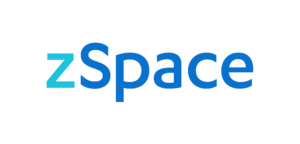
Sept. 18-20
Chicago, Illinois
What will postsecondary career and technical education (CTE) look like in the future? Education leaders must chart a course for postsecondary CTE to ensure that structures, systems, processes, and programming support all students and all administrators, faculty, and staff. Educators face many challenges in planning for the future: decreases in enrollment and funding, inflation, a potential economic recession, firmer mandates, policy to practice gaps, and technological advances. To address these challenges, this summit seeks to create and embrace change that will lead to more equitable access and a stronger postsecondary CTE community.
This event will focus on four major themes
Conference Strands/ThemesPromising Practices & Emerging Technologies: Scaling Opportunity
Embedding Postsecondary CTE Within a Context of Support
The Future of Teaching and Learning in Postsecondary CTE
Data and Data Interpretation: Charting Effectiveness
Hotel Information
Voco Hotel
350 W. Wolf Point Plaza,
Chicago, Illinois
Rate: $259/night
Reserve Online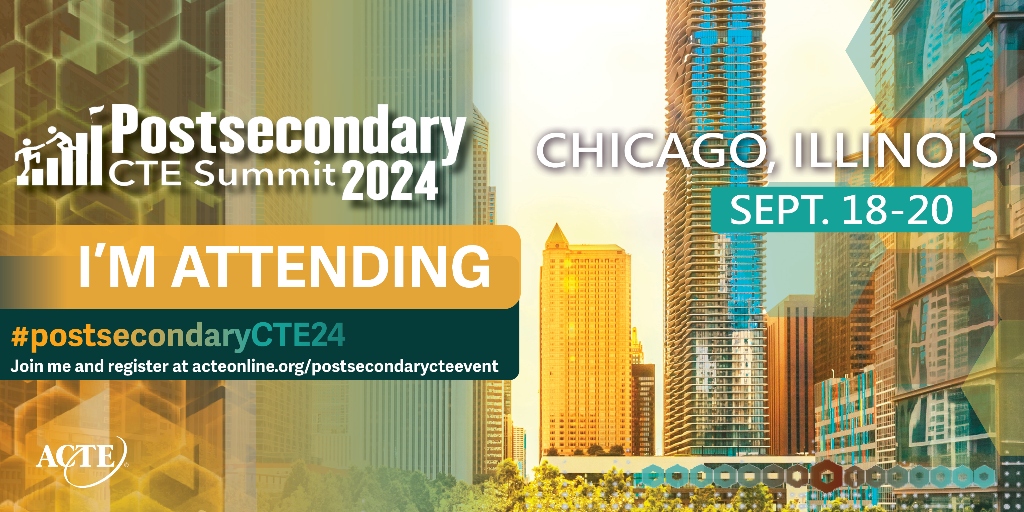
Member rate: $400
Nonmember rate: $450
Payments: Any outstanding registration payments must be paid by the first day of the conference. Payment can also be accepted at the event.
Cancellation/Refund Policy: All cancellation requests must be submitted in writing and e-mailed to registration@acteonline.org. Telephone requests will not be honored. Confirmed registrants may cancel and receive a full refund, minus a $100 administrative fee, through Aug. 16, 2024. Cancellations received on or after Aug. 16, 2024, are non-refundable. ACTE is not responsible for weather-related travel delays or other issues regarding personal travel and no refunds will be given due to these occurrences.
A Jump-start for Industry Instructors: Developing Your Own “New Teacher Institute”
Wednesday, Sept. 18, 9:30 a.m.-1:00 p.m.
Location: Voco hotel
Cost: $175
Creating powerful CTE learning environments starts with retaining high-quality CTE instructors. How do we design intentional induction activities to assist beginning CTE instructors? How do we help develop instructional skills needed to perform effectively in CTE classrooms and laboratories? This workshop will allow participants to explore the needs of new CTE instructors moving from the workplace into the classroom, as well as appropriate training topics to develop their own “New Teacher Institute” (NTI). In teams, participants will develop a structure and the content to frame a New Teacher Institute appropriate for their own campuses to give new instructors a jump-start!
Facilitator: Dr. Michelle Conrad, Associate Professor CTE Graduate program Coordinator at University of Central Missouri
Putting data to work: Using Data to Assess Effectiveness, Inform Expansion, and Ensure Equity
Wednesday, Sept. 18, 1:30-5:00 p.m.
Location: Voco hotel
Cost: $175
Collecting and effectively using data are critical as we envision the future of postsecondary CTE. Come join this session with the Urban Institute and ACTE to workshop your data questions and issues, including the types of data to collect, how to use data to make decisions, and how insights from data can promote equity. Learn how to use data to inform your efforts to support student, faculty, and staff. We will explore data scenarios and common data challenges to ensure real-life applications. Attendees are also welcome to bring their data collection, analysis, and decision-making challenges to discuss. Data managers and data users alike will benefit from this workshop, as well as program designers and those trying to figure out how to improve program outcomes. We welcome individuals and teams. Come learn how to use data to help build a better future for your CTE students!
Facilitators:
- Dr. Theresa Anderson, Principal Research Associate, Urban Institute
- Amanda Briggs, Senior Research Associate, Urban Institute
Data Center Tour
Wednesday Sept. 18, 1:30-5:00 p.m.
Location: Departing from Voco hotel
Cost: Free (cost covered by an NSF grant)
Participants will tour a data center and participate in a discussion with data center industry professionals. The tour will describe the cloud, or data center industry, including the basic operations and needs of industry. This high-wage and high-demand industry is an emerging CTE field that is relatively invisible to students and educators and lacks a clear talent pipeline. US markets, industry trends and career pathways will be discussed in relation to education and KSAs required. Educators will learn strategies to raise awareness and engage students in data center education and learn about a data center operations
Preparing Students for the Workforce: Strategic Instruction for Essential Career Ready Skills
Friday, Sept. 20, 1:00-3:30 p.m.
Cost: $250
To ensure our students are truly prepared for the workforce, intentional planning and targeted instruction are crucial. Today’s employers prioritize candidates who possess robust verbal and written communication skills, excel in team environments, adapt quickly, solve problems effectively, demonstrate leadership, think critically, and manage conflicts efficiently. This workshop will engage educators and equip them with effective teaching and learning strategies that seamlessly integrate these vital employability skills into everyday content delivery. Join us to explore innovative instructional methods that not only cover academic content but also foster the key competencies students need to thrive in today’s dynamic job market.
In addition to this on-site workshop, a three-part informational and interactive webinar series will follow — the dates and times of the webinar series will be provided during the workshop.
Presenters:
- Dr. Trent Mohrbutter, Program Specialist, Learning Programs, Products, and Services
- Eileen Friou, Head of Special Projects, AVID Center
 Juan Salgado
Juan Salgado
Chancellor, City Colleges of Chicago
Greetings & Welcome
Chancellor Juan Salgado has focused his career on improving education and economic opportunities for residents in low-income communities. As Chancellor of City Colleges of Chicago, he oversees Chicago’s community college system, serving more than 60,000 students across seven colleges, 75 percent of whom are Black or Latinx students. From 2001 to 2017, he served as CEO of Instituto del Progreso Latino, where he worked to empower residents of Chicago’s Southwest Side through education, citizenship, and skill-building programs that led to sustainable employment and economic stability. Chancellor Salgado has been nationally recognized for his work, including as a 2015 MacArthur Fellow. Chancellor Salgado is a community college graduate himself, earning an associate degree from Moraine Valley Community College, prior to earning a Bachelor’s degree from Illinois Wesleyan University, and a Master’s degree in Urban Planning from the University of Illinois at Urbana-Champaign. Among his civic commitments, he serves as a board member of the Obama Foundation and a Class C Director for the Federal Reserve Bank of Chicago.
 Kenyatta Lovett
Kenyatta Lovett
Opening Keynote Speaker
Kenyatta Lovett serves as Principal of Postsecondary Attainment at the Education Strategy Group. Under his portfolio he leads strategies to set goals and improve attainment, noncredit-to-credit strategies, adult attainment, and credit mobility.
Kenyatta Lovett served as the Managing Director for Higher Education and Workforce at Educate Texas. In this role, he managed the portfolio of programs to support the organization’s strategic plan to significantly contribute to the attainment goal for Texas. Under his leadership, Kenyatta led statewide initiatives focused on improving outcomes in college access, work-based learning, and transfer and credit mobility.
Prior to joining Educate Texas, Kenyatta served as the Assistant Commissioner for Workforce Services at the Tennessee Department of Labor & Workforce Development. Under his leadership, the agency launched the state’s first apprenticeship office and improved collaboration with the state’s higher education systems. In 2016, Kenyatta Lovett helped to launch the nation’s first education advocacy group focused on increasing postsecondary attainment – Complete Tennessee, serving as the Executive Director. Prior to joining Complete Tennessee, Kenyatta served as an Assistant Vice Chancellor at the Tennessee Board of Regents and also worked in different roles at Volunteer State Community College.
Kenyatta led statewide initiatives for the community college system in Tennessee and played a critical role in the implementation of major higher education reforms, including the Complete College Tennessee Act of 2010 and Governor Haslam’s Drive to 55 Plan. The Tennessean recognized him as one of five key people responsible for the successful launch of the Tennessee Promise, the state’s initiative to cover tuition for high school graduates attending a community college.
Kenyatta serves on national advisory boards to advance the growth of credential-to-career strategies and regional collaboration to improve economic mobility. He is an adjunct professor at Tennessee State University and Lipscomb University. Kenyatta has served as a columnist and contributing author for topics related to higher education, public policy, and governance. Kenyatta has a B.F.A. from Howard University, an M.B.A. and a Ph.D. in public administration from Tennessee State University.
 Amy Kaufman
Amy Kaufman
Closing Keynote Speaker
With over twenty five years of experience working across private and public sectors, Amy Kaufman is a Talent Pipeline Strategist who advises regional intermediaries in aligning cross sector education and workforce strategies across the talent pipeline continuum. Her current focus includes strategic planning to meet the growing talent demand in the AI-infused industry sectors of healthcare, hospitality, IT, and government. Formerly, Amy was the Statewide Lead (2018) of the K12 Strong Workforce Program and Regional Lead (2019-2020) for the Los Angeles and Orange County Regional Consortium of the California Community College Chancellor’s Office and the Executive Director for OC Pathways at the Orange County Department of Education (OCDE) where her work included administration of OCDE’s K-14 Career Pathways in the Orange County, California region. Prior to that, she was a CTE program facilitator and an instructional programs administrator serving 27 high schools within five comprehensive high school districts. She has been an instructor at the high school, adult school, and community college level. Amy is a certified facilitator for Intel’s Digital Readiness – AI for Workforce and a proud resident of the Coachella Valley.
Download Exhibitor & Sponsor Opportunities
As an official conference sponsor, you’ll have exclusive access to career and technical education’s top postsecondary professionals!
Exhibit Hours:
- Wednesday, Sept. 18 : 1:00–5:00 p.m. (move in)
- Thursday, Sept. 19 : 7:00 a.m.–5:00 p.m.
- Friday, Sept. 20: 7:00–11:00 a.m.
For more information or to become an exhibitor, contact: Dr. Sophia Alston, senior manager of Postsecondary CTE at salston@acteonline.org.
Meet Our Exhibitors
- Aztec Software
- Catapult
- Element 451
- Isograd
- Open Education and Development Group, LLC
- Solid Professor
Reflections on the 2023 Summit
Download ArticleA special thank you to our sponsors!
